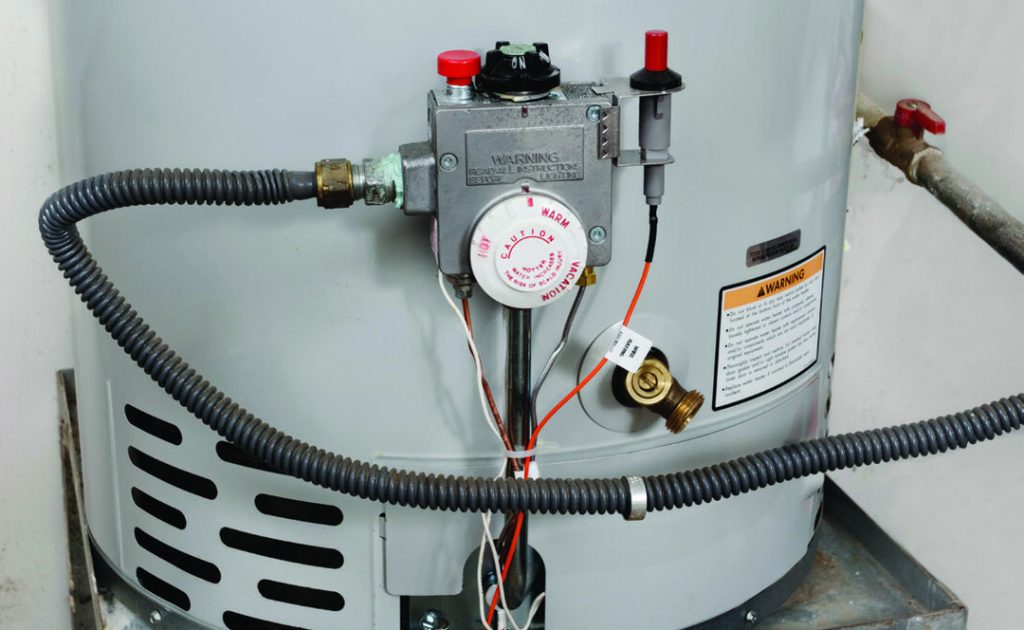Top 5 Signs Your Hot Water Heater Needs Replacement
Hot water heaters are essential appliances in any home, providing the comfort of warm water for showers, cleaning, and other daily activities. However, like all appliances, they have a finite lifespan. Recognizing the signs that your hot water heater needs replacement can save you from unexpected breakdowns and potentially costly water damage. One of the first signs is age. Most traditional water heaters last between 8 to 12 years; if your unit is within this age range or older, it is prudent to consider a replacement. Age alone, however, is not the only indicator. A noticeable decline in water temperature is a significant sign. If your water heater is no longer producing hot water as effectively as it used to, or if the hot water runs out quickly, it could be a sign that the heating elements are failing, or sediment buildup is insulating the water from the heat source.

Another critical sign is rusty water. If you notice rusty or discolored water coming from your faucets, it might indicate that the inner tank of your water heater is corroding. This corrosion can lead to leaks or a complete tank failure, water heater companies which would require immediate replacement. Flushing the tank can sometimes alleviate this issue temporarily, but it often signals that the unit is nearing the end of its life. Additionally, listen for unusual noises coming from the water heater. Sounds like rumbling, popping, or banging typically occur when sediment has built up at the bottom of the tank. As the sediment heats up and hardens, it moves around and causes noise. This buildup can reduce the efficiency of your water heater and cause more wear and tear on the unit, leading to premature failure. Leaks around the water heater are also a red flag. While minor leaks might be repairable, significant leaks often indicate a more serious problem with the internal tank.
Over time, the constant heating and cooling cycles can cause the metal to expand and contract, leading to cracks and eventual leaks. Ignoring these leaks can result in water damage to your home and higher utility bills due to wasted water. Lastly, if you have had frequent repairs, it might be more cost-effective to replace the Jnod water heater altogether. The cumulative cost of multiple repairs can quickly add up, sometimes nearing the cost of a new unit. Additionally, newer models are more energy-efficient, which can save you money on your utility bills in the long run. Keeping an eye on the age of your water heater, monitoring water temperature, looking out for rusty water, listening for unusual noises, watching for leaks, and evaluating the frequency of repairs can help you determine when it is time to replace your hot water heater. Proactively addressing these signs can prevent inconvenient breakdowns and protect your home from potential water damage.